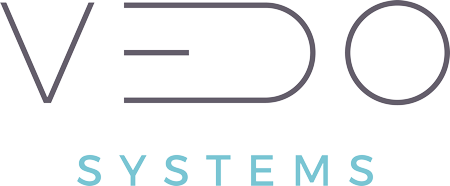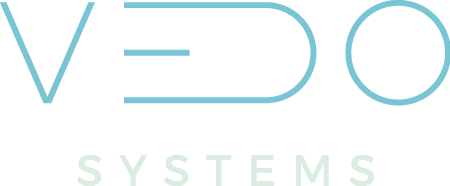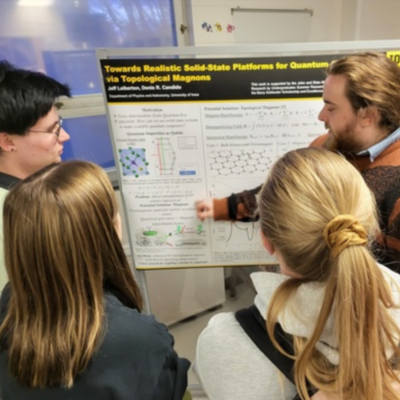Unlocking Efficiency and Innovation: AI-Driven Automation in Aerospace Software Engineering
In the fast-paced realm of aerospace engineering, the integration of artificial intelligence (AI) and automation is revolutionizing software development processes. By automating and optimizing AI model generation, organizations can achieve operational efficiency, mitigate risks, and foster innovation, enabling teams to concentrate on critical aspects of their domain.
Accelerating Development Cycles
The adoption of AI and automation technologies has led to significant reductions in software development time. A survey of 555 software executives revealed that 75% experienced up to a 50% decrease in development time after implementing AI and automation tools . These tools handle routine tasks, allowing engineers to focus on complex problem-solving and innovation.
Enhancing Operational Efficiency
AI-powered tools are reshaping the software development lifecycle by automating routine tasks, enabling engineers to build scalable systems, improve security, and optimize user experiences. Developers using AI-generated code report.
-
55% faster development cycles
-
88% increase in productivity
-
85% higher confidence in code quality
-
96% faster execution of repetitive tasks
These improvements are crucial in the aerospace industry, where efficiency and precision are paramount.
Mitigating Risks Through AI Integration
AI integration also plays a vital role in risk mitigation. By automating quality control systems and manufacturing solutions, AI enhances operational efficiency and facilitates predictive maintenance, reducing the likelihood of errors and system failures . Additionally, AI-driven tools help in identifying and addressing potential security and compliance issues, ensuring robust and reliable software systems.
Fostering Innovation and Competitive Advantage
The implementation of AI allows teams to redirect their focus from repetitive tasks to innovative endeavors. By automating routine processes, engineers can dedicate more time to developing cutting-edge solutions, thereby increasing competitiveness in the aerospace sector. This shift not only enhances job satisfaction but also accelerates the transition from conceptual ideas to tangible products.
Case Study: GE Aerospace’s AI Integration
GE Aerospace’s partnership with Microsoft to implement AI tools exemplifies the transformative impact of AI in the aerospace industry. The introduction of “Wingmate,” an AI system developed with Microsoft’s technology, has enabled GE Aerospace employees to summarize documents, find solutions to quality issues, and save time on routine tasks. This integration has processed over half a million queries and 200,000 pages of text, significantly improving productivity and operational efficiency
The automation and optimization of AI model generation are pivotal in advancing operational efficiency, risk mitigation, and innovation within aerospace software engineering. By embracing AI-driven automation, organizations can enhance their competitiveness and empower their teams to focus on the most critical aspects of their domain.





